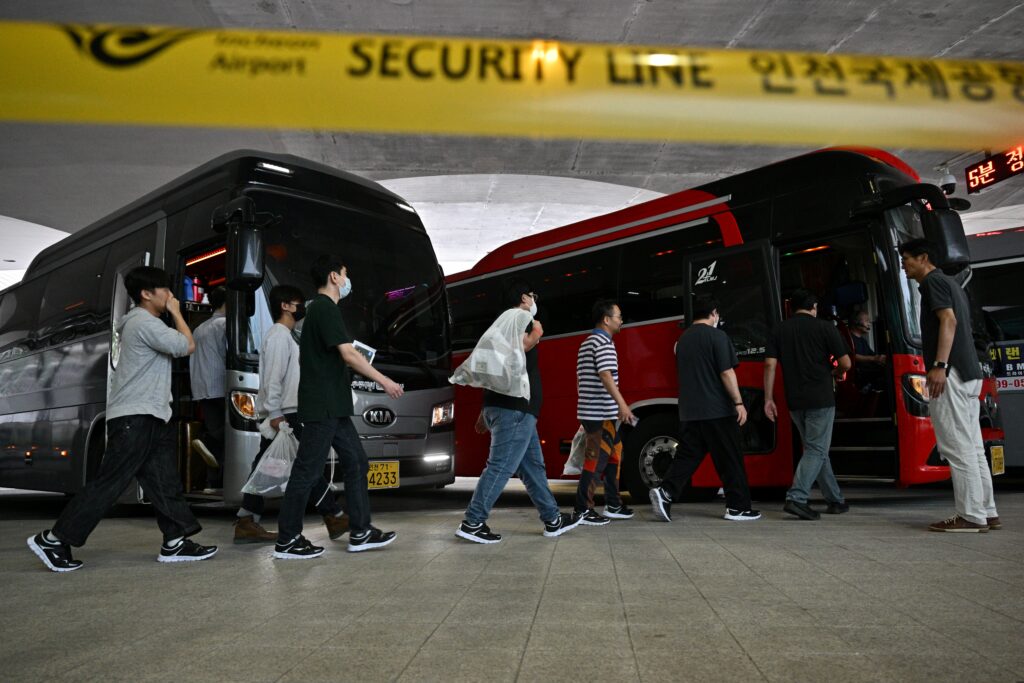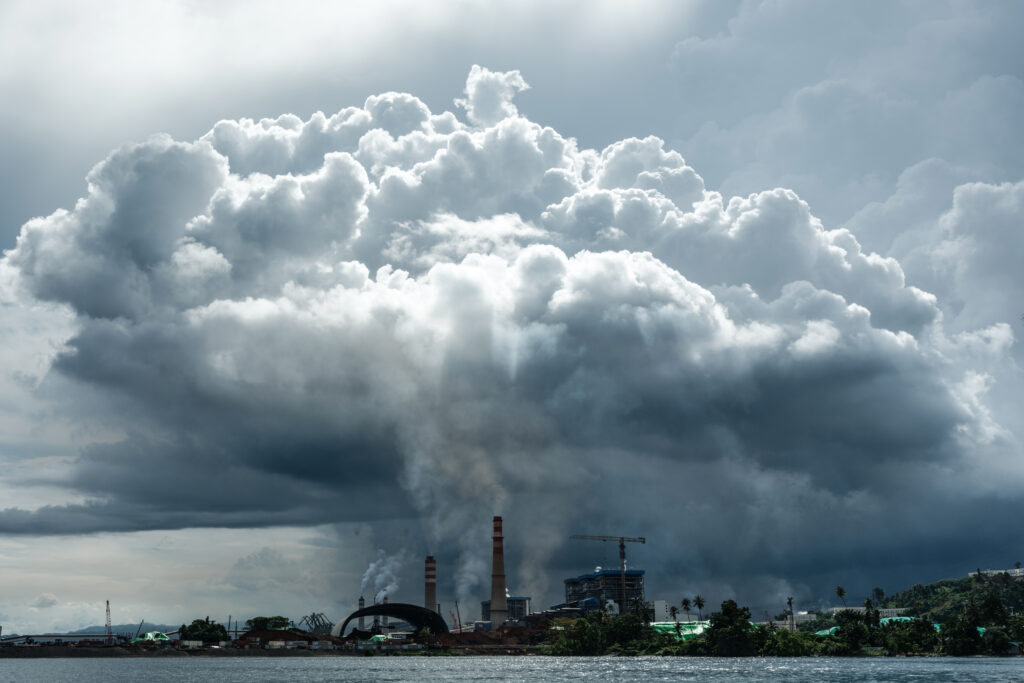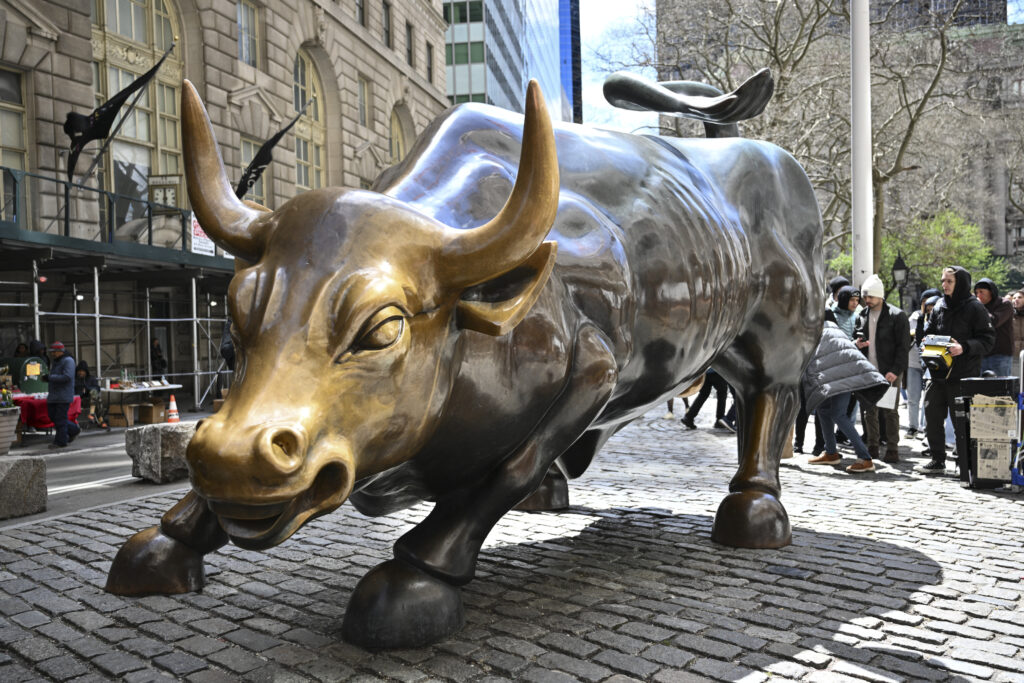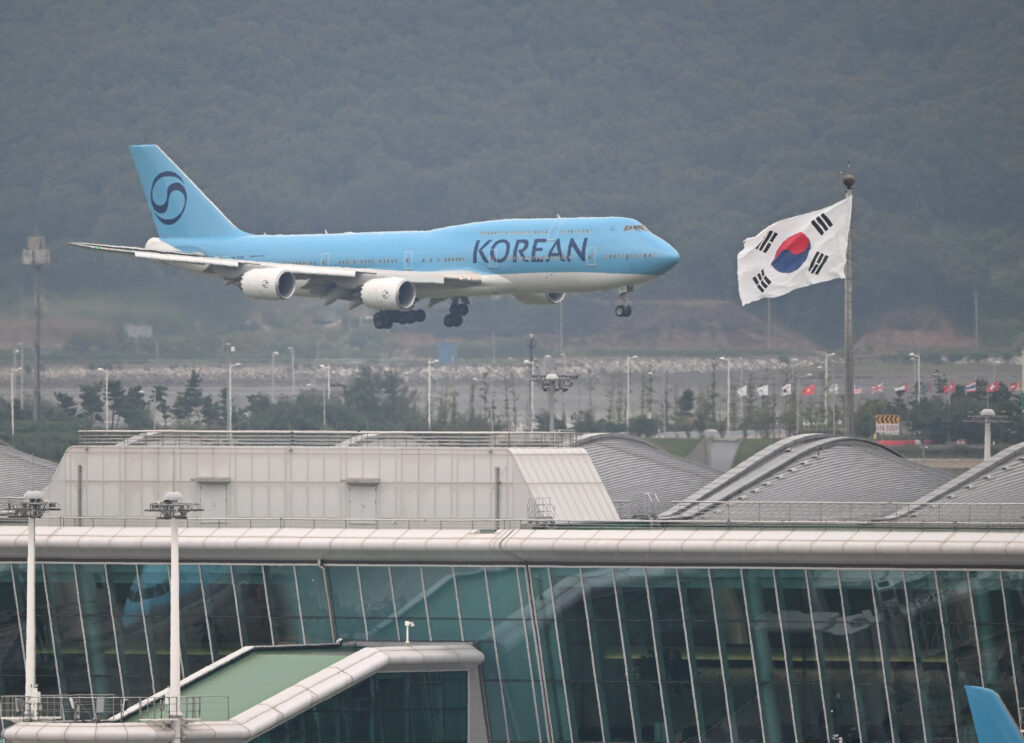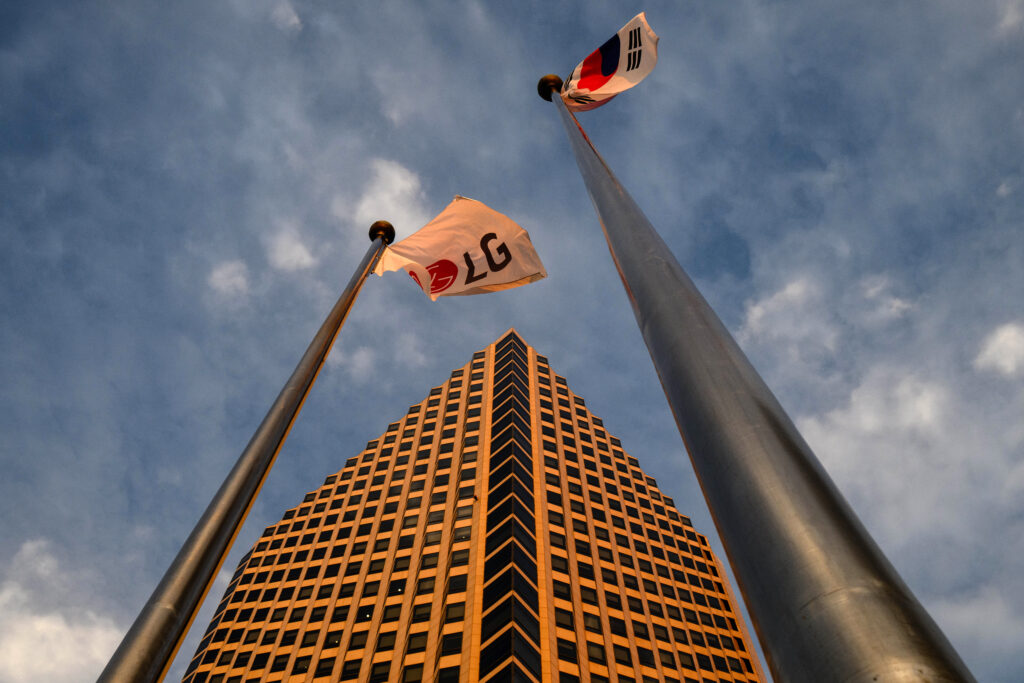S. Koreans greeted with applause at home after US detention
Hundreds of South Korean workers were greeted by applause and tearful relatives Friday when they returned home after being tangled in a US immigration row that cast a shadow over massive Korean investments in the United States.South Koreans made up the majority of the 475 people arrested at a Hyundai-LG battery factory site in the state of Georgia, triggering a delicate effort to resolve the thorny situation between close allies.Officials from South Korea’s government applauded as the 310 workers stepped off the chartered flight at Incheon airport, while some of the workers shouted “freedom” and “I’m back!” at the arrival gate. When the engineers finally appeared, waiting families broke into tears and embraced their loved ones after nearly a week without contact and a roller coaster of emotions.Outside the gate, a large monitor read “Welcome home, fellow Koreans.””The beds and shower facilities were in such poor condition that daily life was unbearable. The food was so bad, I could barely finish a single meal,” an engineer at Hyundai Motors told The Korea Economic Broadcasting of the conditions in US detention.The Georgia raid was the largest single-site operation conducted since US President Donald Trump launched a sweeping immigration crackdown, a top political priority since he returned to office in January.Experts say most of the detained South Korean workers were likely on visas that do not permit hands-on construction work.The result was a delicate episode for Asia’s fourth-largest economy, which maintains multiple plants in the United States and has heeded Washington’s push to onshore manufacturing and boost investment in America.South Korea’s Foreign Minister Cho Hyun told reporters on Friday that he was “deeply pained” by the ordeal.”The return of the workers was unexpectedly delayed by a day,” Cho said. “When I met with Secretary of State Marco Rubio on Wednesday morning, he informed me that President Trump had expressed strong dissatisfaction with how the situation was being handled and ordered a full review of all possible options, which caused the delay.”- Unions urge Washington apologise -He added that the two governments had agreed to establish a working group to create a new visa category for future South Korean investment projects.At the airport, people were seen holding a satirical placard depicting Trump in an immigration officer’s uniform, wearing a gun, alongside the words: “We’re friends, aren’t we?”The Korean Confederation of Trade Unions (KCTU), one of the country’s largest umbrella union groups, called for an apology from Trump and for Seoul to halt US investment plans.”The Trump administration’s excessive mass arrests and detentions were a clear violation of human rights,” it said in a statement sent to AFP.At the Hyundai factory site, construction will now be set back due to labour shortages, Chief Executive Officer Jose Munoz said.”This is going to give us minimum two to three months delay, because now all these people want to get back,” he said.Kim Dong-myung, president of LG Energy Solution, was more circumspect on delays.”We’ll speak on that once we’re fully prepared,” he said, adding, “It’s not as serious as some media reports suggest. We believe it’s manageable.”Many South Korean companies bring their own workforce during project development periods, with industry sources telling AFP it is common practice to use visa workarounds to avoid project delays.LG said it remained committed to its US projects, adding that it was also working to minimise “any business impact resulting from this incident”.
